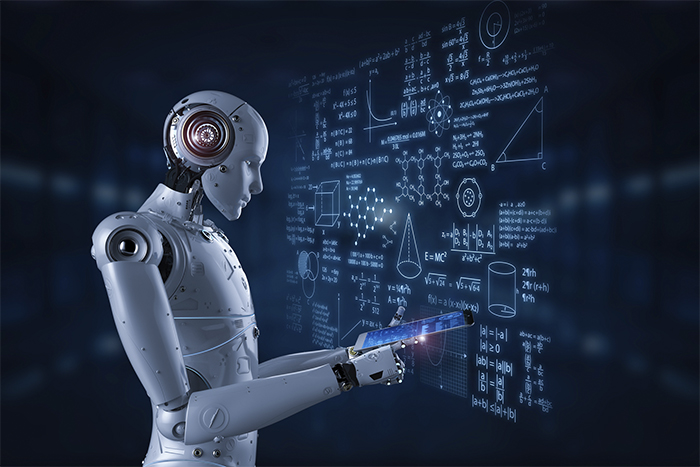Abstract
In recent decades, digital technology has taken on a fundamental relevance in our daily lives. Devices and artefacts of all kinds assist and optimise various processes, both in our work activities and in our interaction with our peers, the way we enjoy our free time and even in how we take care of our health. Education does not escape this vertiginous and consistent process of penetration of technology, in particular artificial intelligence, in so many different fields. Artificial intelligence seeks to enable computers, machines and other artefacts to emulate human intelligence, thus developing learning and adaptability skills that allow them to make autonomous decisions. This article will present the applications of artificial intelligence to education, including the presentation of content, assessments and pedagogical recommendations based on the needs of each student, thus improving their experience, the overall quality of learning and the effectiveness of the different educational and institutional processes. At the same time, possible lines of future research will be analysed, such as, among others, the analysis of students' social networks (SNA) and the generation of pedagogical support content.

